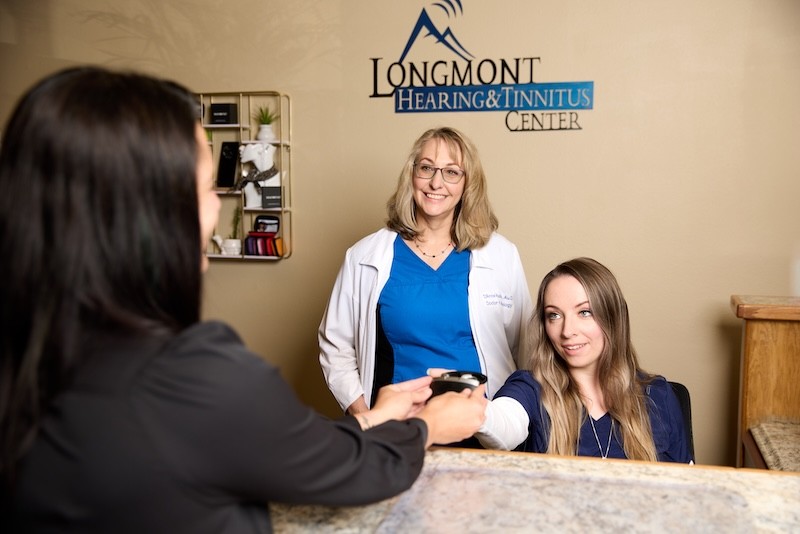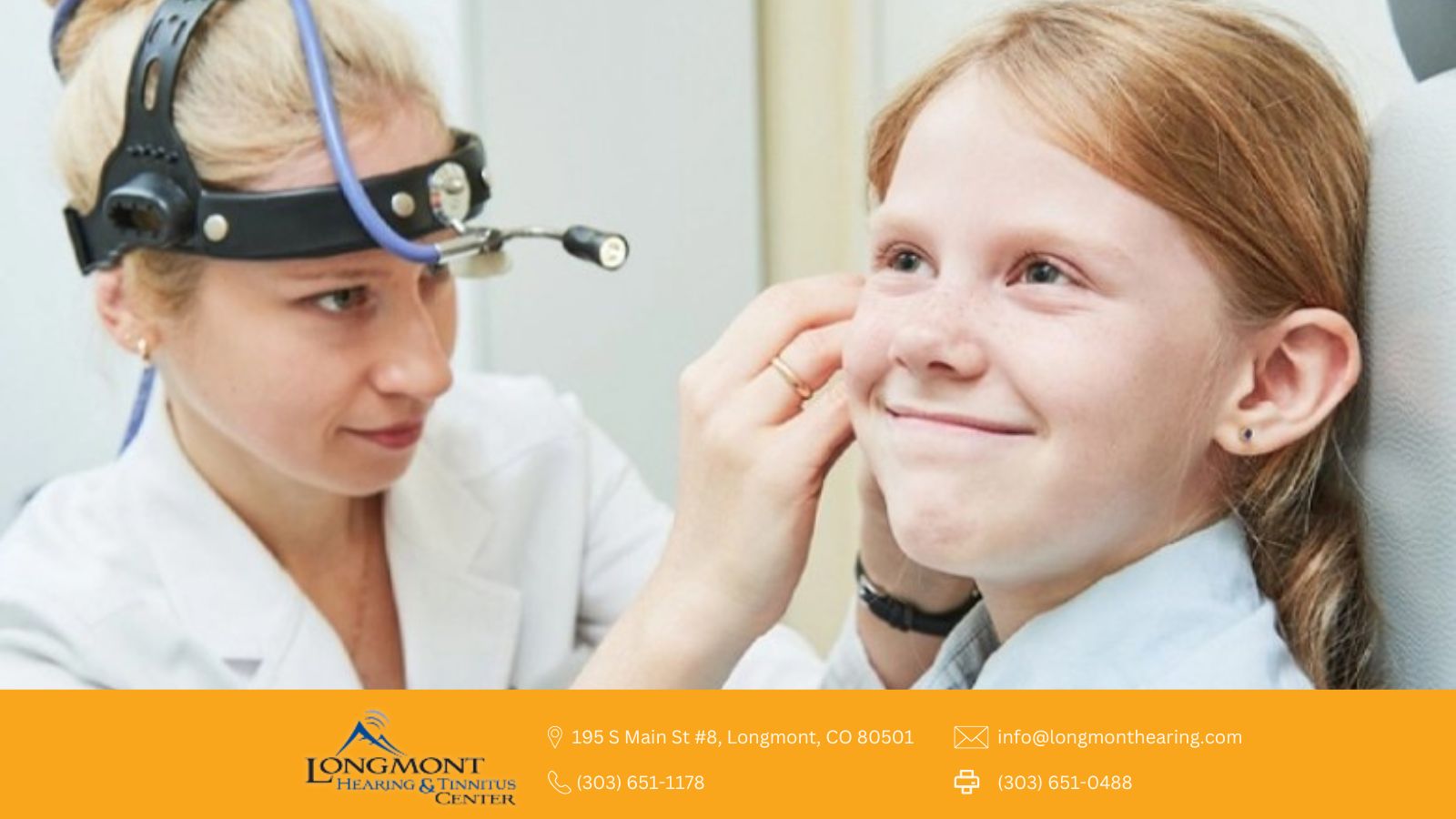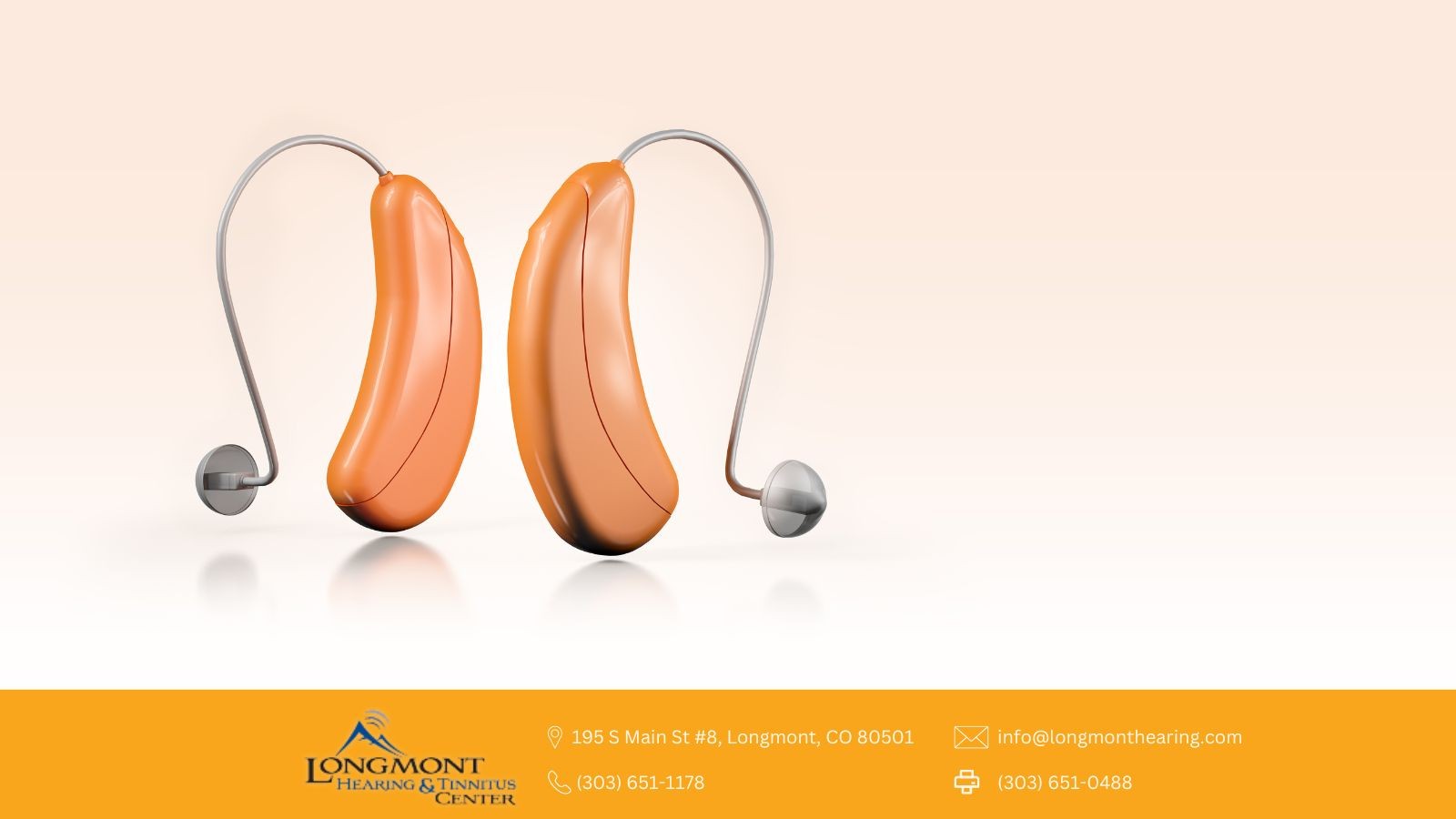
Dr. D’Anne Rudden
|
Published on
Feb 6, 2024
|
2 min read
Vertigo is a medical condition that causes a feeling of dizziness or spinning. It is often associated with hearing disorders, and this blog aims to answer – is vertigo a hearing disorder?
In this blog, we will look into the complex relationship between vertigo and hearing, exploring the symptoms, causes, and diagnosis of both conditions. We will also discuss the various treatment options available, along with management strategies.
Understanding the connection between vertigo and hearing, it can help provide treatment and management to improve quality of life.
Understanding Vertigo
Vertigo is attributed to a variety of factors, including head injuries, inner ear problems, migraines, and head injuries.
There are two types of vertigo: central and peripheral.
Central vertigo is known to be caused by problems in the brain while peripheral vertigo is caused by problems with the inner ear.
Symptoms of vertigo can include nausea, dizziness, vomiting, and loss of balance.
How can an audiologist diagnose vertigo?
The main scope of practice of audiologists mainly focuses on hearing and balance disorders. Audiologists can play an integral role in assessing the vestibular system, which is the main part of the body responsible for maintaining spatial orientation and balance.
One test that an audiologist may perform to assess the vestibular system is the videonystagmography (VNG) test. During this test, a patient wears goggles with cameras attached to it designed to track eye movements while various head movements are performed.
VNG tests can help identify any abnormal eye movements or vestibular dysfunction, which may be contributing to the patient’s vertigo symptoms.
An audiologist may also conduct a hearing test to detect if any hearing loss or other hearing disorders are present, which may be contributing to the vertigo symptoms. An audiologist may refer the patient to another healthcare provider as necessary.
Understanding Hearing Disorders
Hearing disorders can also be caused by various factors, including exposure to loud noise, genetics, and infections. There are different types of hearing disorders, including sensorineural hearing loss, conductive hearing loss, and mixed hearing loss.
Symptoms of hearing disorders can include difficulty hearing, a feeling of fullness in the ears, and ringing in the ears.
What is the Relationship Between Vertigo and Hearing
The vestibular system is located in the inner ear, making it closely connected to the auditory system. Hearing problems, such as reduced hearing or tinnitus, can be a common symptom of vertigo. Additionally, certain hearing disorders, such as Meniere’s disease, can be the cause of vertigo.
In short, the symptoms of hearing loss and vertigo usually overlap which is why accurate testing and diagnosis must be performed to receive the correct treatment.
Treatment Options for Vertigo and Hearing Disorders
Treatment options for vertigo can include:
Medicines (antihistamines, prochlorperazine)
Vestibular rehabilitation therapy
Surgery
Treatment for hearing disorders can include:
Hearing aids
Assistive listening devices
Cochlear implants
In some cases, treatment for hearing disorders and vertigo may need to be combined to address both issues.
Is vertigo a lifetime illness?
Depending on the patient, vertigo can be permanent or temporary. Individuals who have suffered a neck or head injury might experience long-term or chronic vertigo.
As mentioned, treatment for vertigo usually involves a combination of medications and physical therapy.
Bottomline
Vertigo and hearing disorders are both challenging conditions to manage, but with appropriate diagnosis and treatment, it is possible to relieve symptoms and maintain quality of life.
It is essential to seek medical attention if symptoms arise and to discuss treatment options with an audiologist or a medical professional specializing in vertigo. Future research studies may provide additional insights into the relationship between vertigo and hearing, leading to more effective treatment options.
Audiologists in Longmont, CO
Audiologists at Longmont Hearing and Tinnitus Center provide diagnostic hearing evaluations to address a wide range of hearing concerns.
Contact u today to book a consultation!
Audiologist
Dr. D'Anne Rudden
Dr. D'Anne Rudden is an advocate for patient-centered hearing care. She believes in the transformational power of audiology to enhance lives, applying over 30 years of expertise to benefit each patient. Dr. Rudden’s commitment to her field comes through her numerous certifications, including Board Certified in Audiology, and her active participation in key audiological organizations.






